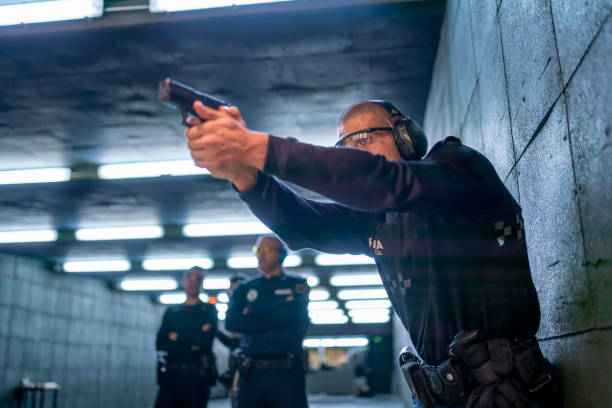Regardless of the circumstances, the aftermath of a shooting incident can have profound psychological implications for those involved. Immediately after the incident, individuals might experience acute stress reactions, including heightened arousal, hyper-vigilance, intrusive thoughts, or even disassociation, where they might feel detached from themselves or their surroundings. Over time, some individuals may develop post-traumatic stress disorder (PTSD), characterized by persistent re-experiencing of the event through flashbacks or nightmares, avoidance of trauma reminders, negative changes in mood and cognition, and chronic hyper-arousal symptoms.
Additionally, guilt can be overwhelming, especially when the individual is the shooter (such as in self-defense or law enforcement). They might question their actions, ponder alternative outcomes, or struggle with moral injuries, which occur when one's actions or lack thereof transgress deeply held moral beliefs. Even if justified, the stigma surrounding using deadly force can lead to social isolation, where the individual feels alienated or misunderstood by family, friends, or the community.
Moreover, the intricate web of legal procedures following a shooting can further exacerbate these psychological symptoms. The fear of litigation, media scrutiny, and potential criminal charges can be chronic stressors. In essence, the emotional and cognitive toll of a shooting incident is profound, multi-dimensional, and extends far beyond the immediate repercussions of the event. It underscores the importance of timely psychological interventions and support systems to navigate this challenging terrain.















0 comments:
Post a Comment